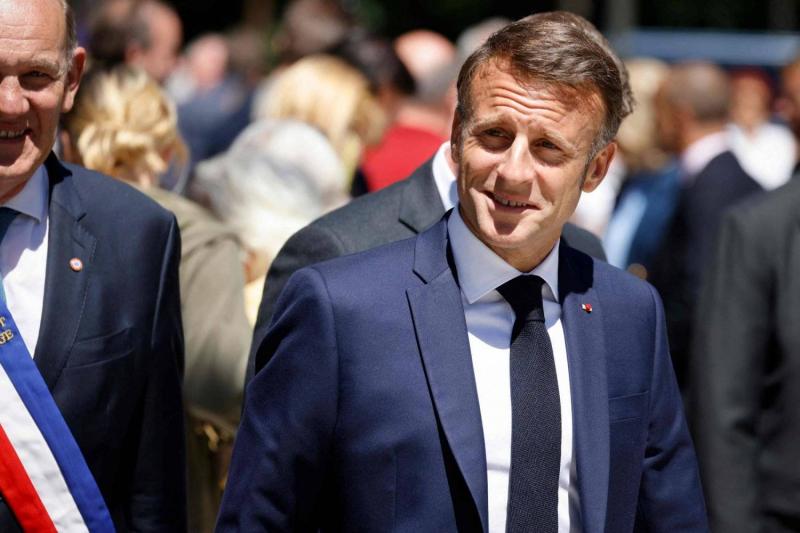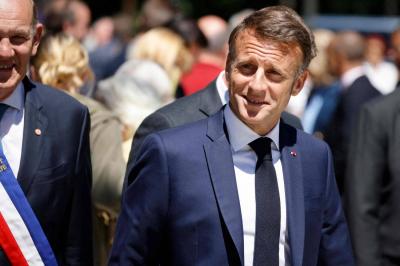The French citizens voted today, Sunday, in the first round of early parliamentary elections, which polls predict will be won by the far-right National Rally party without an absolute majority. So, what happens next? Can political paralysis be avoided after the second round of elections scheduled for July 7th? The short answer: No one knows for sure.
Article 8 of the constitution states that the president appoints the prime minister, but it does not specify the criteria to follow. Practically, it is expected that President Emmanuel Macron will offer the position to the parliamentary group that wins the majority of seats, which polls suggest will be the National Rally, skeptical of the European Union and anti-immigration.
Will Jordan Bardella become Prime Minister? The National Rally has stated that its leader, Jordan Bardella, is their candidate for the premiership, but the party also indicated it would refuse the position if it does not win an absolute majority of at least 289 seats along with its allies. Since the constitution does not stipulate how a prime minister should be chosen, Macron could theoretically seek to form an anti-National Rally coalition and offer the position to another party or a figure without any party affiliation.
If not Bardella, then who? The constitution does not provide a specific answer. But the options include:
1. Trying to form a coalition of the main parties. No such coalition exist now, but Macron has urged parties to unite to fend off the far-right.
2. Offering the position to the left if a coalition emerges comprising the far-left, the Socialist Party, and the Greens. Polls suggest this coalition could be the second largest group in parliament. The left could then attempt to form a minority government.
Will either of these options succeed? If the National Rally wins the highest share of votes and accepts the prime minister's position, a period of "cohabitation" with Macron will begin. This has occurred three times in modern French political history, but with the main parties. The National Rally may face difficulties in adopting reforms.
If the National Rally is the largest party in parliament but not in power, it can prevent or modify government proposals. The constitution grants the government some tools to circumvent this, but with limitations. The National Rally securing a majority largely ensures it will receive the prime minister's post as it can force any government it disagrees with to resign.
What happens if there is no agreement? It is likely that none of the three groups—far-right, centrist, or left—will be large enough to govern alone, form a coalition, or ensure they can manage a viable minority government. In such a scenario, France could face the risk of political paralysis, during which little to no legislation is passed, and the government only manages the essential day-to-day affairs of the country.
Can Macron resign? Although Macron has ruled this option out, it could become a possibility if a deadlock occurs. It is not within parliament or the government's powers to force Macron to resign.
What will not happen under any scenario? The constitution stipulates that another parliamentary election cannot be held before a year passes; thus, holding immediate new elections is not an option.
What else needs to be known? It is difficult to predict the outcomes of the French parliamentary elections as they involve 577 separate contests—one for each seat. The unusually short election campaigns may lead to results that differ from poll expectations.




